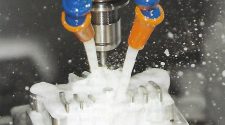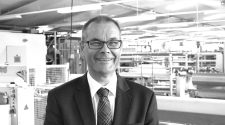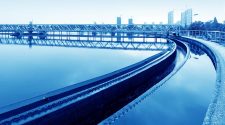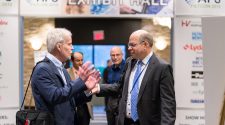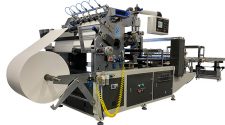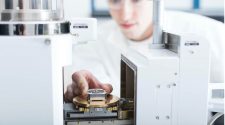FILTECH 2022 will be presented in Cologne, Germany, Mar. 8-10, 2022. The occasion marks the return of a leading global event for the filtration and separations industry, after the COVID-19 pandemic forced FILTECH to be rescheduled from its originally planned dates in 2021.
FILTECH’s companion conference program will feature presentations from some of the leading minds in filtration and separations. Here we preview the keynote/plenary sessions planned for this important event in our industry.
Roaring twenties in air filtration
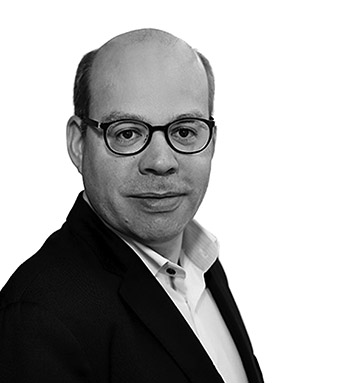
Dr. Ing. Martin Lehmann, principal expert of the Research Network and Public Funding initiative at MANN+HUMMEL, will be giving the opening lecture leading a discussion at FILTECH focused on how air filtration processes and technologies have evolved over the past 20 years. This has been a time of tremendous advances in air filtration applications and technology, and Dr. Lehmann will be drawing upon his personal collection of examples illustrating how far filtration has come in recent years. He will also look toward the future with some thoughts on what we can expect in the years to come.
In providing a preview of his FILTECH lecture, Dr. Lehmann said, “Innovative filtration solutions require paying attention to and understanding small details. My first serious publication with E. Schmidt is on numerical calculation of van-der-Waals adhesion forces between arbitrary-shaped particles. These forces are important for adhesion of particles in air filtration. But investigations for liquid filtration like lube oil showed that they are not as dominant as for air filtration.”
In examining the particles more closely, it turned out that shape is a dominant factor for modeling particle collection in oil filter media (Lehmann, M. J., and S. Pfannkuch, “A study into representative domain size for microstructure simulations of oil filter media and the modelling of non-spherical particles,” Filtration and Separation International, Edition 13 (2013): 69-72.). Good agreement between simulation and testing was achieved based on physical input parameters.
Moreover, Dr. Lehmann said that while the effect of filtration might not always be visible, it is more readily apparent when utilizing simulation tools and digitalization. “Standards are good for qualifying filtration solutions, but are often by purpose not mimicking real conditions,” he said. With modern simulation tools, users can visualize the impact of filtration and thus manufacturers can more effectively show the value of filtration.
“Digital solutions for monitoring air quality by sensors makes the contribution of filtration to cleaner air tangible,” he said. “Digital solutions will be the new golden age for filtration.”
Dr. Lehmann said growing demand for cleaner air and for cleaner mobility means filtration is well positioned in many regards. Filtration makes the difference and is a key technology helping to enable a cleaner planet. For example, he said, e-mobility, the emergence of battery electric vehicles and fuel cells, and the World Health Organization’s global air quality guidelines are demanding increasingly innovative filtration solutions. Filtration is no longer “just protecting” the equipment or a process. Dr. Lehmann said, filtration solutions like, for example, MANN+HUMMEL’s brake dust particle filter, its fine dust front-end filter or its filter cubes are suddenly getting a social credit for doing good to the environment and the people.
See this lecture at FILTECH on 08 March 2022 – 10:15 – 12:00 h
Within the framework of sustainable development, Dr. Pontalier will make the case that it is desirable to produce membranes from bio-sourced, biodegradable molecules and/or recyclable materials.
Membrane science and functional materials
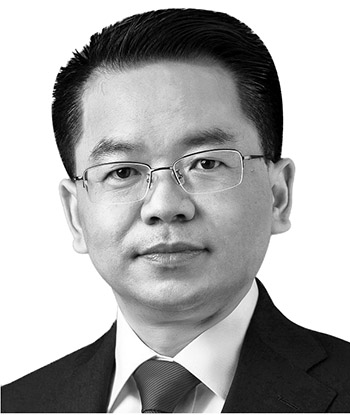
Prof. Dr. Liang-Yin Chu from the Membrane Science and Functional Materials Group at Sichuan University in China will focus his FILTECH discussion on how functional membranes are enabling sustainable development in myriad aspects such as energy, environments, resources and human health. He will explain how new technologies, inspired by natural cell membranes with stimuli-responsive channels for self-regulating permeability and selectivity in response to environmental signals, are being utilized to enable artificial smart functional membranes by chemically/physically incorporating stimuli-responsive materials into porous membrane substrates to serve as functional gates.
Dr. Chu will explain how the surface characteristics and/or permeation properties of smart functional membranes, including hydraulic permeability and diffusional permeability, can be dramatically controlled or adjusted autonomously in response to small chemical and/or physical stimuli in their environments.
See this lecture at FILTECH on 08 March 2022 – 13:00 – 14:15 h
The role of structural and surface properties of depth filter media
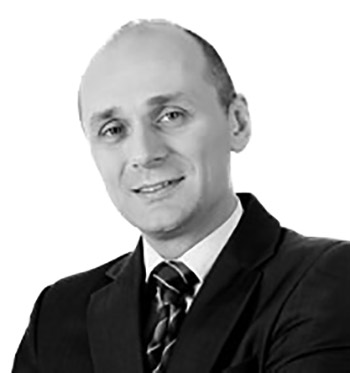
Prof. Dr.-Ing. Andrzej Krasinski, chair of the Integrated Processes Engineering program at Warsaw University, will present on how filtration performance can be enhanced by modifying fibrous media tailored for specific processes. The topic will include an optimization of a depth filter for solid filtration and coalescence (both gas-liquid and liquid-liquid), methods for modification of filter structure by deposition or synthesis of particles on the fibers to obtain expected wettability as well as fabrication and testing of antibacterial filters. The latter application will be addressed for filtration of water biofuels, where the formation of biofilm can lead to a rapid clogging of the filter due to bacteria growth and bacteria reemission to the outlet. Other prospective features, like photocatalytic effects of the composite filters for organics decomposition, will also be presented.
See this lecture at FILTECH on 08 March 2022 – 14:45 – 16:00 h
Simulation of solid-liquid separation processes
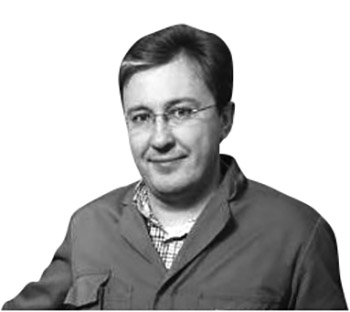
Prof. Dr.-Ing. Sergiy Antonyuk from the Institute of Particle Process Engineering from the Technical University of Kaiserslautern in Germany will present on how, with the rapid increase in computing power, numerical simulation is becoming increasingly important for the prediction and description of solid-liquid separation processes. He will show how numerical studies can improve knowledge of complex separation mechanisms and support the model-based optimization of existing systems, while also enabling the development of novel separation processes.
The focus of Dr. Antonyuk’s presentation will be on the detailed description of the separation of particles from suspensions in complex nonwoven structures or in a filter cake by taking into account micro-mechanisms and real filter medium microstructures. He will show how the particle-particle, particle-fiber and particle-fluid interactions, formation and breakage of aggregates, clogging of pores and the compressibility of particles in the filter cake can show a major influence on the filtration process. For the description of these microprocesses, the particle separation can be simulated with the coupled Discrete Element Method (DEM) and Computational Fluid Dynamics (CFD).
The recent applications of DEM-CFD methods in the field of filtration are presented. The measurement methods for the parameter estimation (mechanical particle properties, friction, restitution coefficient, adhesion) and validation of the DEM-CFD model will be explained with examples.
See this lecture at FILTECH on 09 March 2022 – 10:45 – 12:00 h
Sustainability in membrane filtration
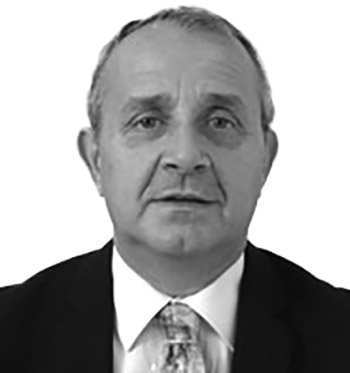
Prof. Dr. Pierre-Yves Pontalier from the ENSIACET-LCA laboratory in France will use his FILTECH presentation to explain how membrane processes will be involved in the multi-valorization of plant and animal resources for the production of bio-based molecules. For example, in the context of the valorization of lignocellulosic biomasses, the purification of hemicelluloses and lignins is carried out through a membrane filtration stage. Similarly, the valorization of proteins contained in wheat bran or rapeseed cake passes through an ultrafiltration stage. Another pathway that is developing is the fractionation of microalgae, called algo-refining, in which membrane processes are involved in the purification of polysaccharides and proteins.
In the case of drinking water production or industrial effluent treatment, very large membrane surfaces are used, with a lifetime of a few years. Thus, membrane processes become a very important source of pollution. The lifecycle analysis of membrane processes thus shows that their impact is not negligible. Two types of impacts are generally highlighted – those related to the production of the membranes (e.g., the use of petro-sourced materials) and those related to the operation of the processes (e.g., the energy required and the chemicals used during the cleaning phase).
One environmental impact that is neglected is the end-of-life impact of the membranes, the fate of which poses problems. Studies are beginning to appear to evaluate methods of reusing used membranes in order to increase their lifespan, but this does not solve the problem of the end-of-life of the materials. Within the framework of sustainable development, Dr. Pontalier will make the case that it is desirable to produce membranes from bio-sourced, biodegradable molecules and/or recyclable materials.
See this lecture at FILTECH on 09 March 2022 – 13:00 – 14:15 h
FILTECH 2022 will present three days of exhibitions, short courses and a full conference program, Mar. 8-10, 2022, in Cologne, Germany. For more information and to register, visit filtech.de.


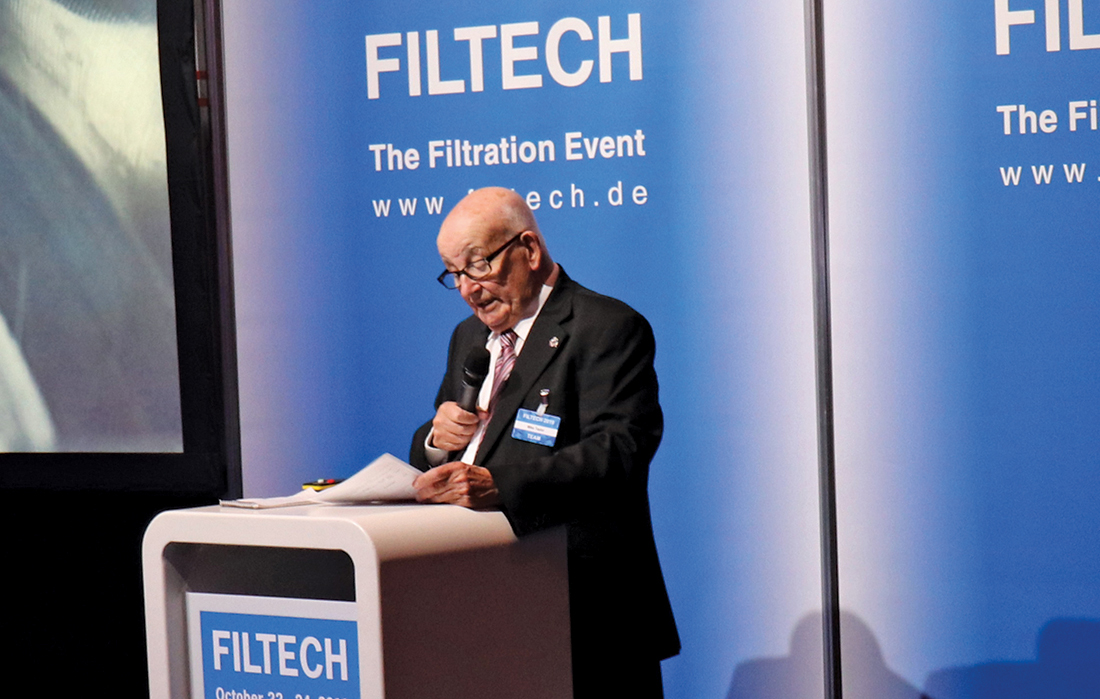
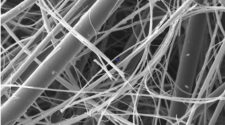
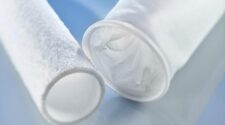
![Figure 1: Heat Exchanger Proventics GMBH.[22]](https://www.filtnews.com/wp-content/uploads/IFN_2_2024_crimpedmicrofiberyarns_Fig.-1-Heat-exchanger-225x125.jpg)
